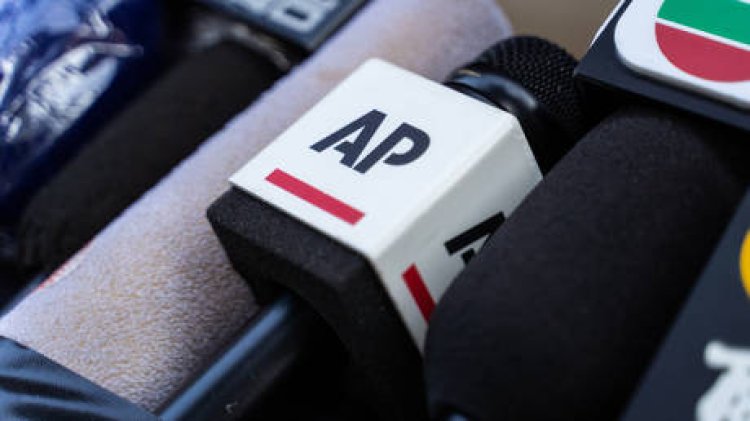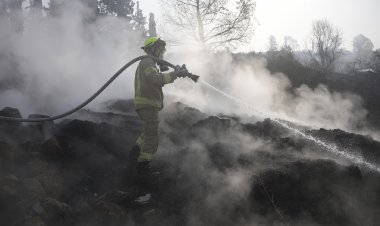AP Access to be Reinstated by White House Order
The Associated Press has been ordered by a federal judge to regain access to presidential events after being excluded from the press pool due to a naming dispute regarding the Gulf of Mexico. The news agency was removed from Air Force One and...

The news agency was removed from Air Force One and the Oval Office after it refused to adopt the term “Gulf of America,” a name assigned by former US President Donald Trump for the body of water alongside the southeastern coast of North America. The AP maintained the use of “Gulf of Mexico,” asserting that the traditional designation is globally recognized and well-established.
Trump criticized the AP, labeling it “a radical left organization.” Following the ban, the agency initiated a lawsuit against the Trump administration, claiming that the exclusion infringed upon First Amendment rights concerning press freedom.
White House deputy chief of staff Taylor Budowich contended that while the agency is entitled to “dishonest reporting,” it does not have the “privilege of unfettered access to limited spaces” where presidential events occur.
On Tuesday, US District Judge Trevor McFadden sided with the AP, declaring that the government cannot bar journalists from presidential events based on their editorial choices. The White House has until the week’s end to appeal this decision.
Judge McFadden emphasized that his ruling does not guarantee the AP permanent access to presidential events and “does not bestow special treatment” upon the agency.
“The AP is not necessarily entitled to the ‘first in line every time’ permanent press pool access it enjoyed… But it cannot be treated worse than its peer wire service either,” he remarked, adding that the order places no restrictions on government officials regarding whom they choose to interview or answer questions from.
AP spokeswoman Lauren Easton expressed appreciation for the ruling, highlighting that it “affirms the fundamental right of the press and public to speak freely without government retaliation.” Meanwhile, AP Executive Editor Julie Pace wrote in an op-ed for the Wall Street Journal that the lawsuit represents more than a simple disagreement over a body of water. “It’s really about whether the government can control what you say,” she stated.
Rohan Mehta for TROIB News












